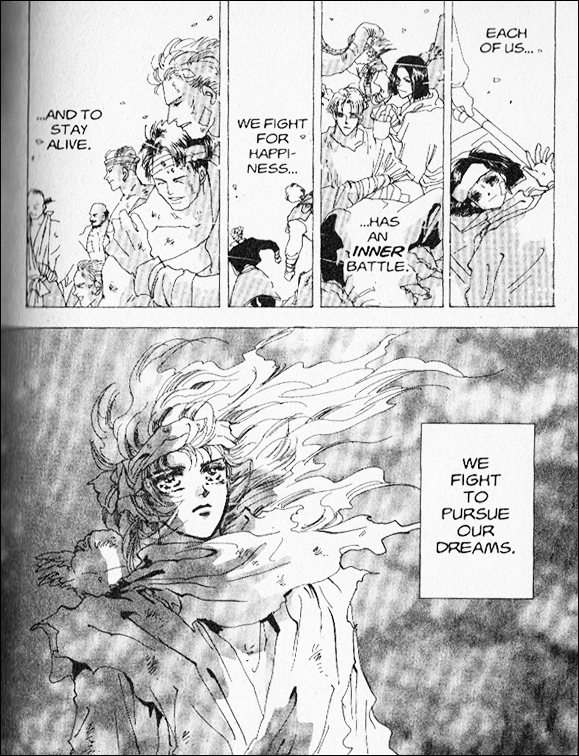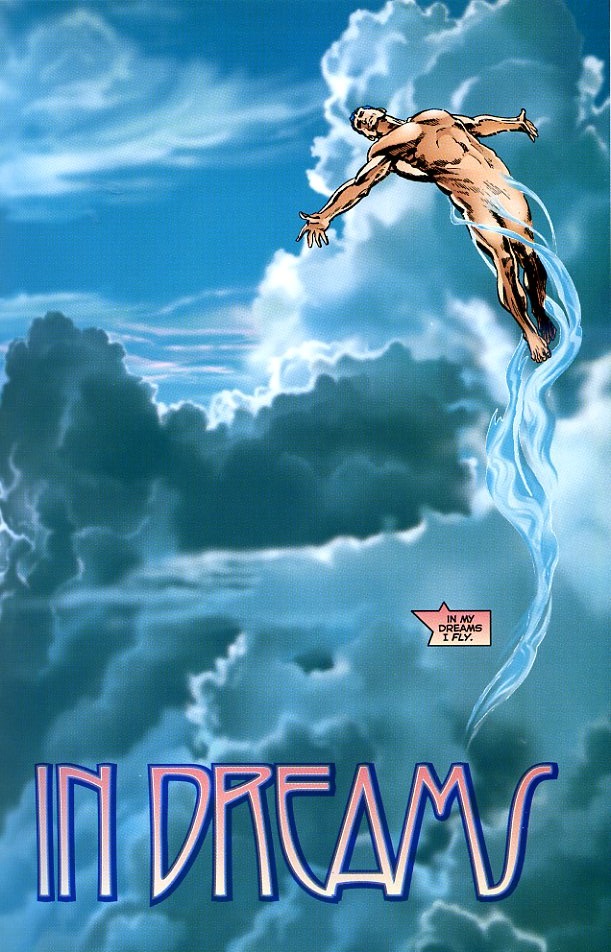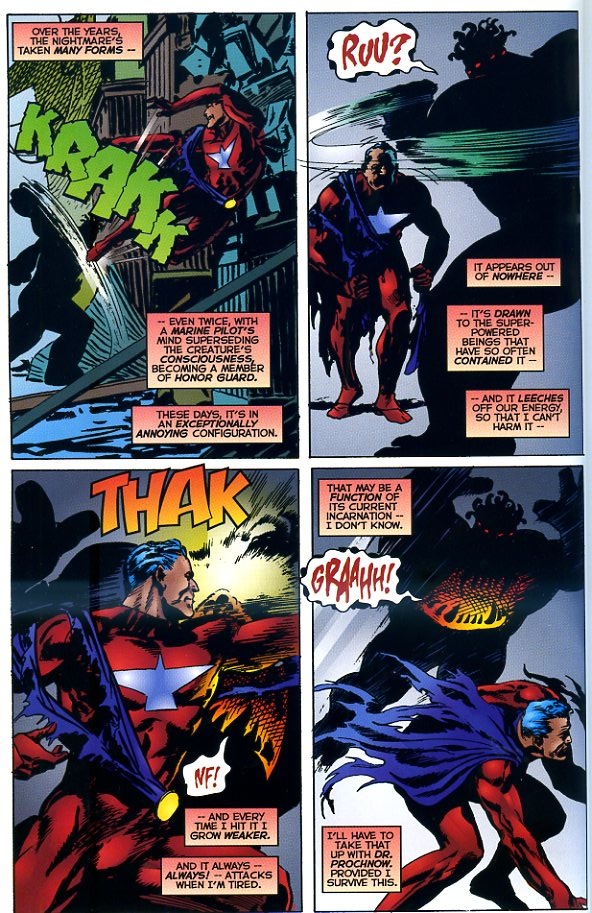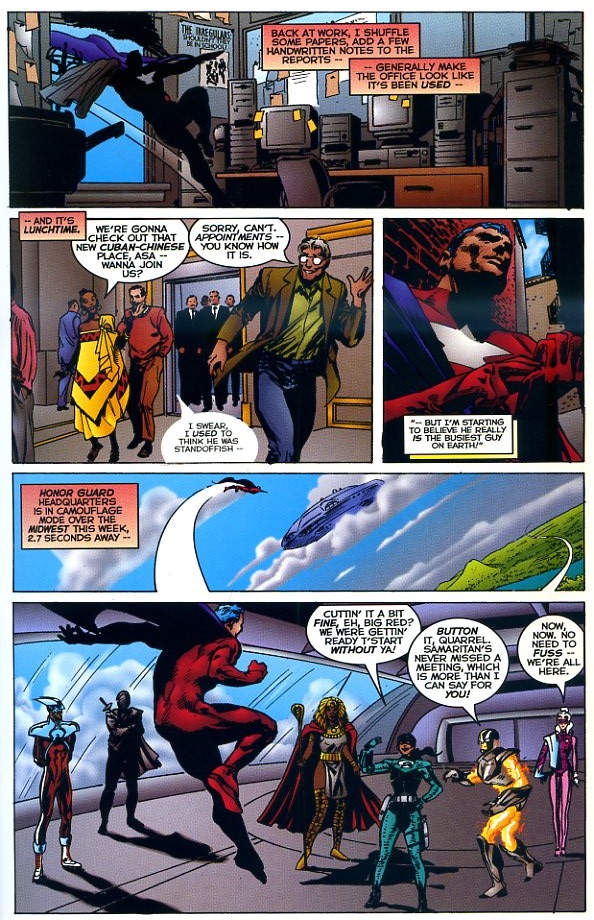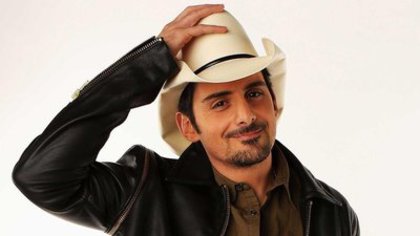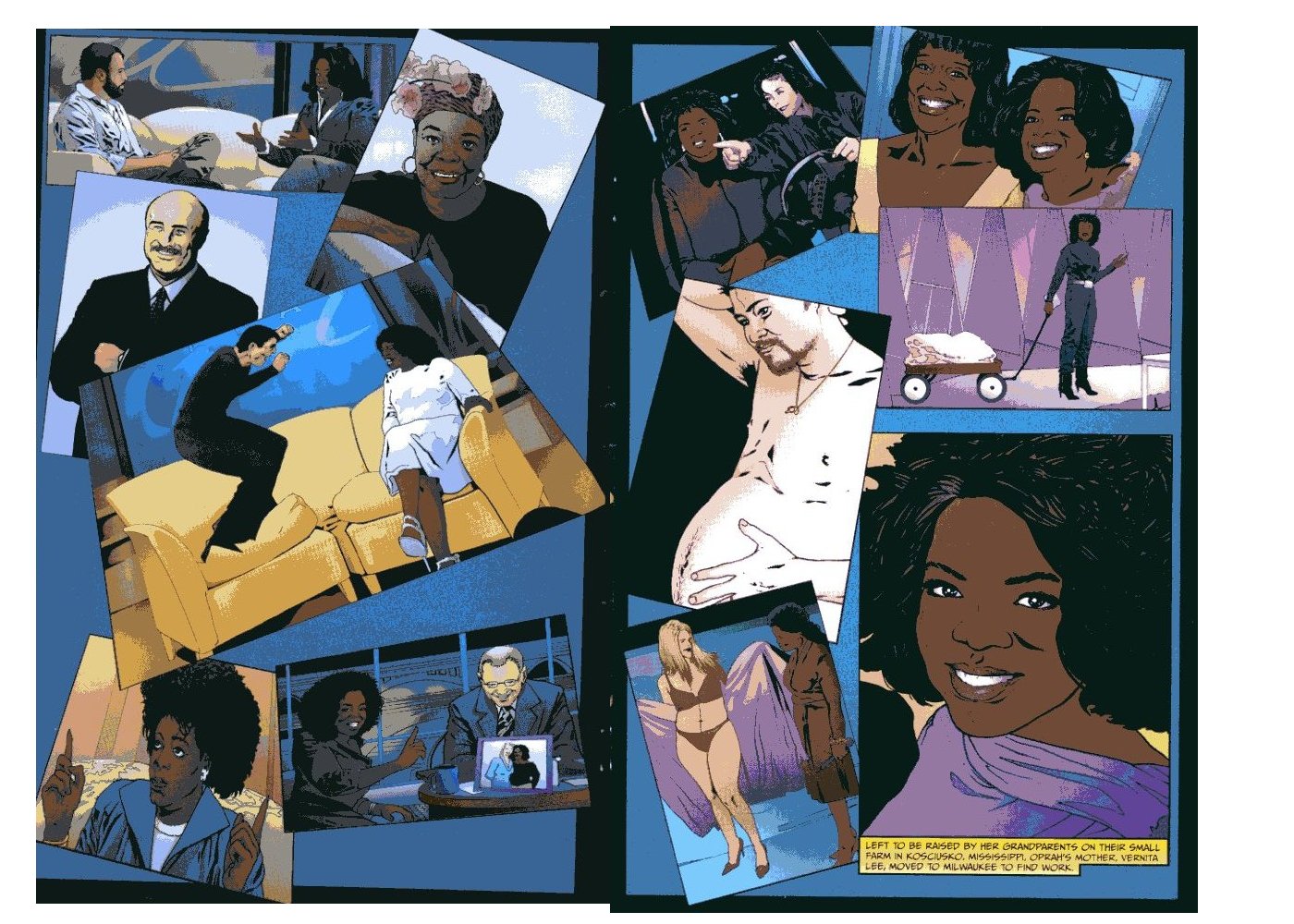 Bee Ridgway is the author of The River of No Return, a romance/fantasy/time-travel/historical fiction adventure hybrid which has gotten lovely reviews in places like The Washington Post.
Bee Ridgway is the author of The River of No Return, a romance/fantasy/time-travel/historical fiction adventure hybrid which has gotten lovely reviews in places like The Washington Post.
Bee Ridgeway also happens to be the pen name of Bethany Schneider, an English professor at Bryn Mawr and an old, old friend of mine from way back when we were both in creative writing courses at Oberlin. Bethany agreed to do an interview with me about her book and genre and romance and queerness and history and whatever else crossed our minds.
___________
Noah Berlatsky: You’ve said that this book, which is a time-travel adventure romance, is inspired in part by 18th/19th century adventure narratives, which you said had a lot of genre mixing. Could you talk about what books you’re or stories you’re thinking about specifically?
Bee Ridgeway: Genre is, of course, historical – what we think of as the genres haven’t always existed. Romance, mystery, etc. And when you look back at the invention of genres, you’re looking at moments where literature has been policed, where rules have been enforced. Often these are about who gets to write and read what. So one famous moment is when Hawthorne gets really mad about women readers and writers who are cornering the market in the mid 19th century in America. He has a hissy fit about it and he says something like, “oh that damn mob of scribbling women!” He is condemning women’s reading and writing practices as a kind of fictional style that he wants to distinguish from his own. And so he throws down a gauntlet in the history of English literature, one that helps invent and enforce the idea of “women’s fiction” as a genre.
N: So was Hawthorne complaining about people like the Brontes?
B: He’s complaining about what’s happening in American literature. He’s complaining about people like Harriet Beecher Stowe. American literature is busting at the seams at that point in the 19th century – it’s a very exciting time. He wants more readers, he wants more money – which is fair enough. And don’t get me wrong – Hawthorne is amazing. But it’s not so cool to blame women – for whom writing was one of the only ways they could make respectable money. But when I say that I learned about genre from fiction I teach in the 18th and 19th century, I mean that you can really see in those novels – Hawthorne’s and Stowe’s and all of them – the tangled roots of what for us is a much more divided world of literature. We think we really know what a romance novel is. But that’s only because of the history of publishing and because of how that category has been policed. Back in the day, it’s not so much that novelists were genre mixing, as that they were writing out of a much more fluid set of possibilities. So Hawthorne’s writing romance, he’s writing sentiment. It was much less obvious what’s verboten for the so-called “literary.” They were fighting over what was great literature and what wasn’t. And one of the big battlegrounds they were fighting over was gender. I think it’s actually all much more firmly gendered now. More restrictive.
When you go back to those novels, what’s curious is that from a distance they look a lot more alike to us than they did to readers back them. Crazy-assed shit happens in Hawthorne, and crazy-assed shit happens in E.D.E.N. Southworth – but teaching them side by side, you’re pitting what history has deemed “high” against what it has deemed “low.”
N: Who is E.D.E.N. Southworth? I don’t even know who that is?
B: Oh, E.D.E.N. Southworth, she is amazing. You should read her. She wrote this novel called The Hidden Hand and it was the Harry Potter of its day. It was a blockbuster beyond all blockbusters. People in France were naming their children after Capitola, its main character. It’s a completely balls-out adventure, it’s insane. And awesome, and terrible. The Hidden Hand is a really good example of how mixed up genre could be — it has a love story, it has a war story, it has a transgender heroine, it has horrifying racist caricatures, it has sentiment, it has Gothic madwomen locked up in attics, it has homoeroticism dripping from every page, it has everything. It’s all tossed in there together. You would find it hard today to say which genre it belongs to. And I think publishing right now is dealing with the fact that people want that, they don’t want to have these completely separated genres. They’re trying to undo some of the policing they’ve done across the last century.
N: Yeah, one of the things about genres it seems like is that genres always mean genre mixing. Because I know a lot of romance novels today are mysteries. People love to have both. Like Janet Evanovich.
B: Sure. And they always have been, but only in small doses. Agatha Christie always has a romance in her novels, but it’s probably five sentences worth of the prose. Because there was a real desire on the part of publishing to understand the audience and divide and conquer it.
N: Right.
So, I’ve talked to you before a bit about the fact that the academy can be
leery of romance novels, or unsupportive of scholarship about romance
novels. I’m wondering if you might talk about that a little? How did
your academic interests and position play into writing the book, or
alternately how did they hinder writing the book? And was the
academic/romance tension part of the reason you’ve chosen to write
under a pseudonym?
B: The pseudonym is kind of hard to understand for me too. I had just finished up a really intense writing project – I was writing an essay on Abraham Lincoln and the Black Hawk War that had been very difficult to write, and led me down various wormholes. I really enjoy my academic writing and I think I’m good at it. I like to build these very complicated readings where everything has to bind together for it to work. Which is obviously how everybody does it, but it’s a very acrobatic writing style — you have to keep everything balanced, and the Lincoln piece left me really exhausted. I found myself wanting to do something completely different, to get my mojo back. What I didn’t know was that I had this huge adventure novel trapped in there, just waiting to come out. I didn’t understand that about myself.
N: Have you written fiction since college?
B: I hadn’t done it since. So it had been 20 years.
Academia is a really privileged world. I’m so lucky to have a job where I have tenure and I teach a relatively light teaching load, and I teach what I want to teach — I teach directly out of my research, it’s amazing. Bryn Mawr is great that way, wonderful to teach there. It’s incredibly generous and upholding of an intellectual life. But there’s no doubt that academia polices the boundaries, it’s about policing the boundaries of what is culturally acceptable. So when I started writing this novel I opened a weird trapdoor in my head and fell into it. It was only when I’d finished the first draft and gotten an agent that I really started thinking that I was going to have to account for what I had done, and that it was going to change my academic life.
N: People have written scholarly book about romance fiction, right?
B: Yes, but there’s a difference between writing a scholarly book about romance fiction and writing the fiction itself. Anything can come under the lens of the scholar and be halfway acceptable as an object of study. But writing the books . . . that’s a bit different. There’s the issue of getting respect from the academy, but more importantly for me is the question of where the two types of writing come from, internally. Because the experience of being a critic distances you from the pleasures of creating the thing that you study. I love criticism, I love academic writing and thinking. This isn’t some sort of salvation narrative where I’m like “oh, now I get to do the thing I love and not the thing I hate.” Not at all. But they are very, very different. So the first thing I did was I wrote the pseudonym before I wrote the first sentence, and then I wrote the novel really quickly, and I sent it to an agent, and her first question was “Tell me about the pseudonym.” And I said, “Well, I don’t really know. It was the first thing I wrote …” And she said, “Well if you did that, then you needed the pseudonym to write the book.” Apparently that’s really common. It’s not about shame, it’s not about trying to hide anything, it’s just that I needed a different personality for writing the book. A personality, a self, that was different than my academic self.
N: I know that your scholarly writing is focused in part on queer
issues. There’s a mention of a lesbian relationship in passing, if I
remember right, but for the most part, the book is focused on the
heterosexual romance between Nick and Julia. Still…the book is also
about people who discover that despite appearing normal, they’re
different than those around them — and with Julia especially, much of
the action in her plotline involves her concealing her difference from
her threatening relations. So I guess the question is — were you
thinking in part of the romance as in some ways a queer romance? And
if so, why not just have a queer romance at the center of the novel,
rather than a displaced one?
B: The novel is a straight romance novel. So the simple answer to that question is, why shouldn’t it be that? Because I’m gay? Your homosexuals have written your straight romances for thousands of years. Maybe we’re better at it than straight people! (laughs)
But to answer you seriously, yes, the novel is enormously influenced by my scholarship – not just the gender scholarship, but all of it. It’s all in there, just dressed up in fancy clothes and having fun. The thing that’s most influenced in the novel by gender and sexuality studies, is actually the concepts of time and emotion. There’s been this movement in queer studies away from an identitarian model of who’s having sex with whom, and more towards the ways in which queer relations mess with forward-moving teleologies. The traditional family produces time as a progressive – “straight” – narrative, but queer theory has done a lot of work to torque our understanding of temporality. A lot of my thinking about the movement through time and emotion comes out of queer affect studies. I’m thinking of books like Beth Freeman’s Time Binds and Jack Halberstam’s In a Queer Time and Place.
N: Does Heather Love talk about that as well?
B: Yeah, she blurbs the book, actually! Her book Feeling Backward is very important to me…I mean, I make a lot of jokes about “feeling backward” in the book – specially for her!
N: Could you just state quickly what her thesis is?
B: That book is about how so much of queer studies has been about a drive towards us feeling better; like the “It Gets Better” campaign, for example. And Heather’s saying instead of “moving forward,” there might be a lot to say for feeling backward — and of course that’s a play on both feeling backward in time and feeling backwardly, or feeling wrong and feeling bad. It’s a beautiful book.
N: I was wondering if there’s something campy about romance novels.
B: (laughs) It’s certainly true that romance-reading – or my romance-reading, anyway – is a secret pleasure, a perverse joy, which lends it a campy quality. And the community of romance readers is built around the idea that you’ll seek out your pleasure no matter what. That you will even overlook whether a book is good or bad. I mean, obviously everyone loves a really well-written romance novel. And like in any other literary form, some are better than others. But because you love it, because you love the story, you will search far and wide for it. It’s like any other fan culture. And I love that about it. I love people’s passion for it.
N: So it’s fan culture as queer culture, or as an alternate queer culture, arguably.
B: Sure. And also, you know, there’s a really interesting essay by Jayne Anne Krentz – it’s an introduction to an anthology called Dangerous Men and Adventurous Women – it’s an essay about romance readers, and she says that a lot of women come to the romance genre when they hit the glass ceiling. They’re professional women – and they hit or recognize the limits of what they will be allowed to achieve, and that’s when they start reading romance. There’s a stereotype of the romance reader as a woman without professional aspirations who sits at home reading. But the truth is that a lot of people, across a huge spectrum of readership, men and women, read romance. And Krentz was saying it’s often a kind of feminist awakening which brings women to romance. This is something that’s really misunderstood among people who don’t read romance or who revile it. But the romance genre imagines an alternate universe of relations between men and women that are tender and are, on some level, equitable. Romance is speculative feminist fiction.
N: Do you feel that that was the case…I mean it sounds like you were at a moment of professional…
B: Yes, absolutely. My romance novel reading began in just exactly such a moment in graduate school, where I was in a class that was really complicated and bad in a lot of ways, and everyone in the class was sort of losing their minds, and I was thinking, why am I in this profession, what is this choice I have made? I was feeling really stuck. And a friend of mine brought over a copy of a Georgette Heyer novel, who I had never heard of before, and I read it and I was instantly hooked. It was completely weird, because I’m a 19th century Americanist with a focus in Native American studies, and here I was suddenly obsessed with Regency Romance.
But again, this is why your question has to be, not “why didn’t you put a gay couple in your book?” but rather, “what is your sideways pleasure in these stories that are patently not about you?” I mean, you could say, “I’m not a time traveler and I don’t live in the 19th century” — these kinds of affiliations between reader and genre are not always obvious….
N: Yeah, I think that’s really interesting. The question of why stories about lesbians are so appealing to straight men. Cross identification is pretty interesting, to me.
B: It’s so against the notion that memoir is the only way to talk about the self. When we start asking what are our pleasures in romance, and how they map back onto the way we live our lives, you’re always going to be looking in a bit of a funhouse mirror. I think that’s really cool, and it brings us back again to the question of camp or drag. These kinds of performances free us. Why would a woman who feels stuck professionally feel a balm from reading historical romances about women who don’t even have to have professions? There are ways of thinking about that as something other than a retrograde wish to not have to work.
N: I mean, a wish to not work seems very reasonable to me.
B: (laughs) Yeah.
N: Not retrograde at all.
So obviously you’ve been talking about being a fan of Regency romances and historical romances. So I’m curious; why not just write a historical romance rather than a time travel novel? And how does being self-reflective about that affect the novel?
B: I guess the simple answer is that it was always what the story wanted to be about. The first scene that came to me was about this man who is dislocated in time, and how he negotiates that. The character just arrived in my head with his problem fully developed. But I think time-travel interests me in part because I am a scholar of 18th and 19th century literature. My job is to inveigle students into reading it and finding it interesting. I’m pretty good at it. And I really enjoy teaching students about this moment in history because I’m asking students to think about the emotional history of their national feeling. And to inhabit it in a self-conscious way, stories that are trying to make you feel emotional. The sentimental tradition is all about trying to make you cry. So how do you get a bunch of 21st century young women (I teach at a women’s college) to go back to the literature of 1850’s young women and feel it?
Of course you can’t actually do that, thank God — it would be a little disturbing if you could. You know, one book I teach is…I teach a class called “American Girl,” and I teach the novel Little Women. And that book really pisses me off, it’s such a pain in the ass. But it is also a really good book. It’s really well built. And it makes students have feelings that aren’t necessarily the ones Alcott wanted them to have, but they still stir the emotions — the hooks are still there.
N: My mom says…I haven’t read it…but my Mom says, “Beth always dies, and I always cry.”
B: I challenge you to read it and not cry when Beth dies.
N: I’m easy to make cry.
B: Alcott really is good at making you cry.
But I guess what I’m saying is that I orchestrate the kind of time travel I describe in the book all the time. Of using feeling to reach out and touch the past, to get a sense of the weirdness of both the disjunction between now and then, and also the connective tissue between now and then. And because I’m teaching fiction, I think it would be disingenuous of me to deny that it’s an affective connection. Knowing the past is not just all about rational, historical knowledge.
One thing I did in the text that I thought was kind of cool is that it’s absolutely stuffed to the gills with crazy citations of other literature. Some of them are really obvious, like when people are quoting stuff. Most of them are obscure, or pretty buried and I don’t particularly even want readers to notice them. But it’s just a fun way to try to build in echoes of the past. To make textural to the reading experience what I was trying to think about in terms of time travel and reading.
N: So when you’re talking in the book about how people travel backwards on feeling, it’s something of a meta…it’s a description of the readers’ experience of the book to some degree.
B: Yeah, it definitely comes out of my experience of reading and of teaching literature that’s several hundred years old. And I also think that it’s about why do we want to read books from the past if we do want to read them, and why do we consistently reinvent them for the present. And if you’re going to consistently reinvent them for the present, what is your duty to the past in doing that?
So my characters are all torn up about ethical relations to now and then, and they change depending on which era they’re in. And it’s a kind of meta-commentary on reading.
N: Nick, who’s the main character, when he’s in the 21st century he’s a 21st century guy, sleeping around and making cheeses. But when he goes back to the past he becomes more like himself, or like he used to be — he’s arrogant and sexist and classist. You’re talking about a meta-commentary on the experience of reading, but it’s also talking about how people are of their time and don’t have a choice about the matter in some ways. Is that what you’re getting at?
B: Well, I didn’t want Nick to be fully in control of things. I wanted him to be a slightly lazy kind of character. He wants to think of himself as a nice guy, and he is a nice guy. He’s not particularly intellectual about his place in time. He has to go to future school to learn how to be a contemporary dude. Which he does, and he does it fairly well. Then when he returns to his old era he doesn’t expect to be blindsided by the old emotions. But he is blindsided; he finds those emotions are waiting for him as if he had just taken his hat off. And he doesn’t know how to deal with that. He doesn’t know what that means about selfhood.
Basically I really want this novel series (I’m thinking it’s going to be 3 or 4 novels long) to be ultimately a kind of story of collectivity vs. individuality. So when Nick moves about in time, it’s his idea that he’s a sovereign self that comes under attack. It’s as if the feelings and emotions of the era are in the air he breathes. And they’re very contingent on his race privilege and his class privilege; he has certain feelings that uphold who he is in his moment. And I think it’s partly a commentary on his character that he’s not more resistant to it. But I also didn’t want him to come back as some sort of enlightened subject from the future. I really didn’t want to say, oh, in the 21st century we know what’s up and back then they were benighted and ignorant. I wanted it to be more a portrait of two different ways of being that are in conversation, that one mode of being grew into the other across several generations. It’s definitely not a progress narrative.

